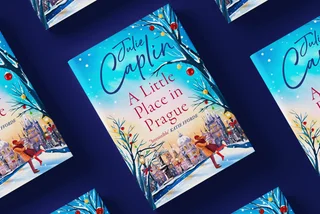Yet, something about the idea struck a chord, and the character and his narrative of grand personal failure spawned a theater company in 1967, which started to produce the Cimrman plays. The plays were written by Svěrák and the late Ladislav Smoljak, who passed away last year. Over its 45-year history, the theater company has put on nearly 12,000 performances in total. That’s about 260 productions a year, all which sell out.


